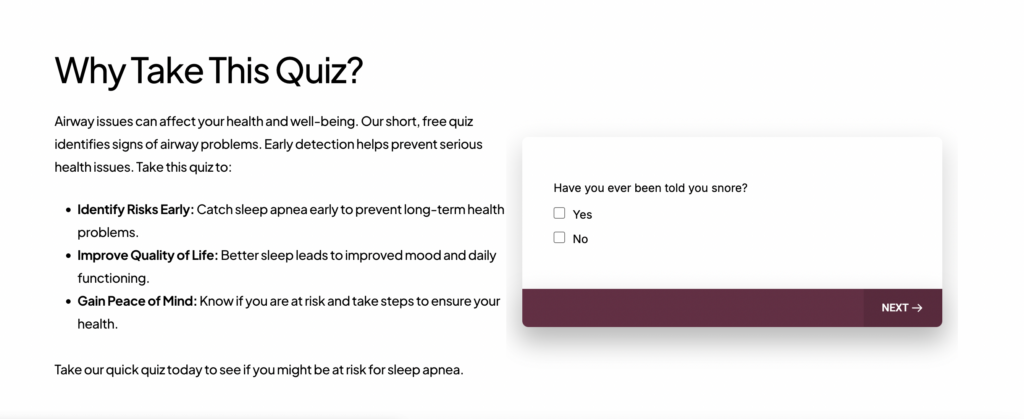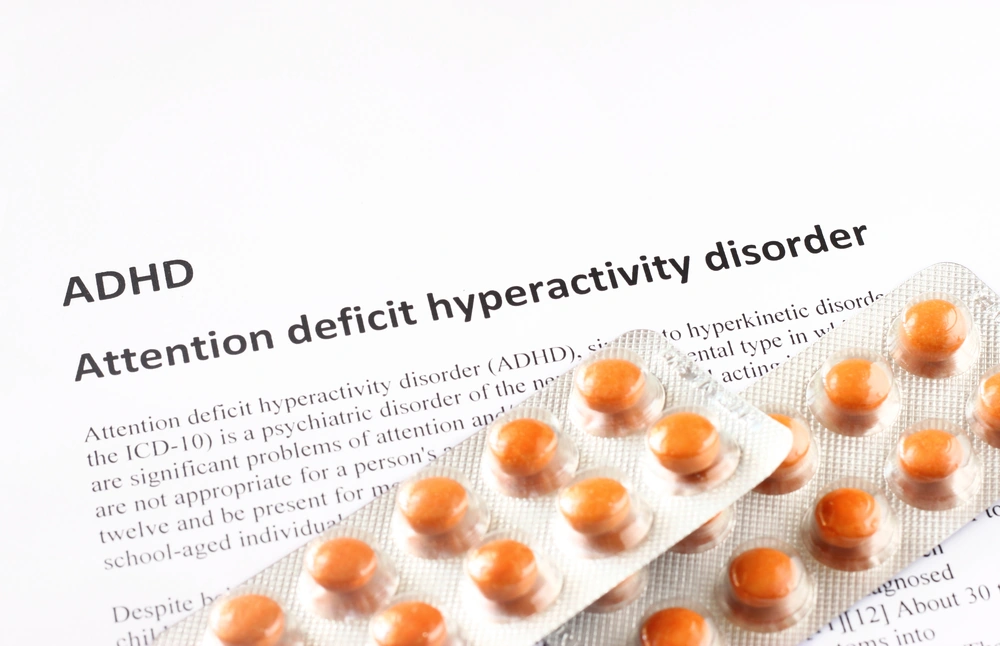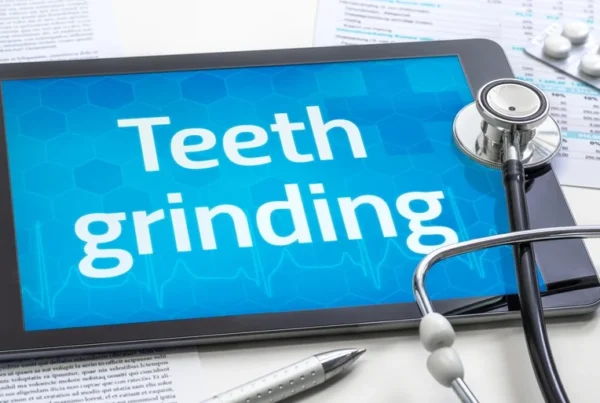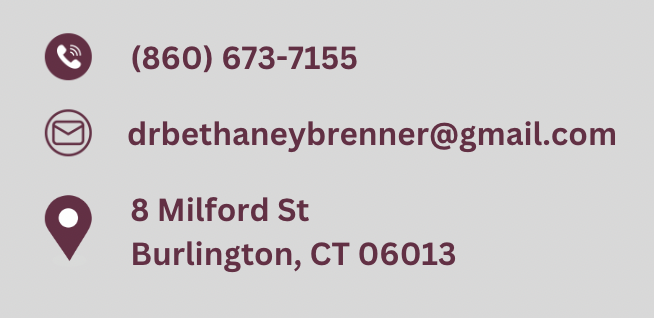Dr. Brenner has an effective alternative ADHD therapy in Burlington, CT and surrounding Hartford CT communities that is very impressive. You might be surprised to learn that the root cause of ADHD and ADD might not be what you think. Keep reading to explore a potential underlying factor.
Attention Deficit Hyperactivity Disorder (ADHD) is a common condition that makes it challenging for children to focus, control impulses, and sit still.
Kids with ADHD often have difficulty paying attention, exhibit hyperactivity, and act impulsively, which can affect their daily lives, schoolwork, behavior, and self-esteem.
While the exact cause of ADHD is unknown, experts believe that genetics and brain chemistry imbalances play key roles. Environmental factors such as brain injuries, exposure to alcohol or tobacco during pregnancy, premature birth, and low birth weight may also contribute.
Additionally, emerging research shows that an underdeveloped jaw, poor sleep and airway issues may contribute to or worsen ADHD symptoms.
Curious if Your ADHD is Linked to an Airway Issue? Take Our Quiz And Find out.
 What is ADHD?
What is ADHD?
ADHD, or Attention Deficit Hyperactivity Disorder, is a neurodevelopmental condition typically diagnosed in childhood, though it often persists into adulthood. The disorder is characterized by several distinct behaviors:
- Inattention: Children with ADHD often struggle to concentrate, forget details, and may easily get distracted or have trouble following instructions.
- Hyperactivity: Kids may exhibit unusual levels of energy, fidgeting, excessive talking, and difficulty staying seated.
- Impulsivity: They may act quickly without considering the consequences, leading to interrupting others, making sudden decisions, or taking unnecessary risks.
ADHD impacts more than just school performance; it can also affect relationships and future job success. Diagnosis involves input from parents, teachers, and observations of the child’s behavior.
Traditional ADHD management typically includes medications, behavior therapy, and educational support. Early intervention can help children with ADHD lead successful lives. But what if there’s something more contributing to these symptoms?
The Child’s Experience with ADHD
Dealing with ADHD is tough for children and parents alike. Here’s a look at how ADHD affects a child’s daily life:
- Focus Issues: Difficulty staying focused makes schoolwork frustrating and can lead to unfinished hobbies, adding stress at home.
- Impulsivity: Acting without thinking can create social problems at school and lead to risky behavior outside the classroom.
- Hyperactivity: Constant energy can make quiet times in school or family activities challenging.
- Social Challenges: Difficulty understanding social cues can isolate children and make forming friendships harder.
- Emotional Regulation: Sudden emotional outbursts can lead to embarrassment and further distress.
- Low Self-Esteem: Frequent correction from adults or teasing by peers can damage a child’s confidence.
- Time Management: Struggling with organization often leads to missed assignments and routines, increasing stress.
These challenges significantly impact academic performance and personal life, requiring support from family and teachers.
ADHD and Pediatric Sleep Apnea: What’s the Connection?
There is growing evidence linking ADHD and sleep disorders. Sleep issues can mimic or worsen ADHD symptoms. Common sleep-related problems for children with ADHD include:
- Sleep apnea: A condition where breathing is disrupted during sleep, lowering oxygen levels.
- Restless leg syndrome: Causing discomfort and making it hard to sleep.
- Delayed sleep phase syndrome: Difficulty falling asleep at a normal bedtime.
- Excessive daytime sleepiness: Feeling overly tired during the day.
These conditions reduce sleep quality, making it harder for the brain to manage attention, emotions, and impulses, worsening ADHD symptoms. Medications like Adderall and Ritalin, often prescribed for ADHD, can also affect sleep patterns, creating a difficult cycle.
 Could Your Child’s ADHD Be Linked to a Sleep Disorder?
Could Your Child’s ADHD Be Linked to a Sleep Disorder?
If your child exhibits ADHD symptoms, we need to consider whether a sleep disorder could be contributing. Dr. Bethaney Brenner in Burlington, CT and Hartford CT, offers a simple quiz to help assess if sleep symptoms like sleep apnea are impacting your child’s ADHD:
- Does your child snore loudly or stop breathing while sleeping?
- Do they wake up frequently during the night or struggle to fall asleep?
- Are they excessively tired during the day or need frequent naps?
- Do they experience bedwetting or sleepwalking?
- Do they wake up feeling unrefreshed after a full night’s sleep?
- Do they struggle to concentrate or control their impulses?
Answering “YES” to any of these could indicate a sleep disorder that requires further evaluation.
Integrated ADHD Therapy and Sleep Disorder Management
Addressing sleep issues can significantly improve ADHD therapy outcomes. Here are some methods for managing both ADHD and associated sleep problems:
- Behavioral Sleep Interventions: Establishing a bedtime routine, reducing screen time, and creating a calming sleep environment are crucial steps.
- Treating Sleep-Disordered Breathing: For children diagnosed with sleep apnea, treatment options include removing enlarged tonsils or using CPAP machines. Dr. Brenner also offers advanced solutions like oral appliances to help keep airways open during sleep.
- Natural Remedies and Diet Adjustments: Limiting sugar, increasing magnesium and omega-3 intake, and using natural remedies like chamomile can support better sleep and ADHD management.
- Medication Management: Adjusting ADHD medications with your doctor can minimize sleep disruptions.
- The Vivos System: Imagine a custom-made oral appliance that you wear at night that helps children breathe better. The Vivos System gently reshapes your airway over time, targeting the root cause of sleep apnea
Begin Your Child’s Journey to Confidence
Is your child struggling with ADHD and sleep issues? Dr. Brenner is here to help. With her expertise and innovative treatments, your child can enjoy:
- Restful Nights: Improved sleep quality and reduced bedwetting.
- Renewed Confidence: Increased self-assurance and joy in daily life.
- Happier Days: A future free from the daily struggles of ADHD and sleep problems.
Schedule a consultation today with Dr. Brenner in Burlington, CT, to begin your child’s journey toward better health and well-being.
Book Your Consultation Today!
Dr. Bethaney B. Brenner DMD
8 Milford St, Burlington, CT 06013
Driving Directions
(860) 673-7155
Related Articles
Sleep Apnea Symptoms in Children, Signs of Child Sleep Apnea, Identify Sleep Disorders in Children, The Importance of Sleep Studies, Kids Airway Quiz, Pediatric Sleep Apnea, Allergies and Airway, Crooked Teeth and Airway, Bedwetting and Airway, ADHD and Airway, The Vivos Treatment, Sleep Apnea 101
Dr. Brenner proudly serves:
Burlington CT, Hartford CT, Harwinton CT, Bristol CT, Thomaston CT, Torrington CT, Canton CT, Avon CT, Plainville CT and Farmington CT.
Curious if Your ADHD is Linked to an Airway Issue? Take Our Quiz And Find out.
Frequently Asked Questions About ADHD and Sleep
Can essential oils help my child with ADHD sleep better?
Some essential oils, like lavender, may promote relaxation and sleep. However, research on their effectiveness for ADHD-related sleep issues is limited.
Will ADHD medication negatively affect my child’s sleep?
Stimulant medications like Adderall can impact sleep, while non-stimulant options may cause daytime drowsiness. Consult with your child’s doctor for guidance.
Can tongue ties or oral restrictions contribute to sleep-disordered breathing?
Yes, oral restrictions can narrow the airway, potentially worsening sleep issues. Surgical release or myofunctional therapy might be recommended.
How quickly might my child’s ADHD symptoms improve with sleep disorder treatment?
With our ADHD Therapy, improvement varies but some children see benefits within weeks. Full results may take several months, depending on the severity of the sleep issue.





